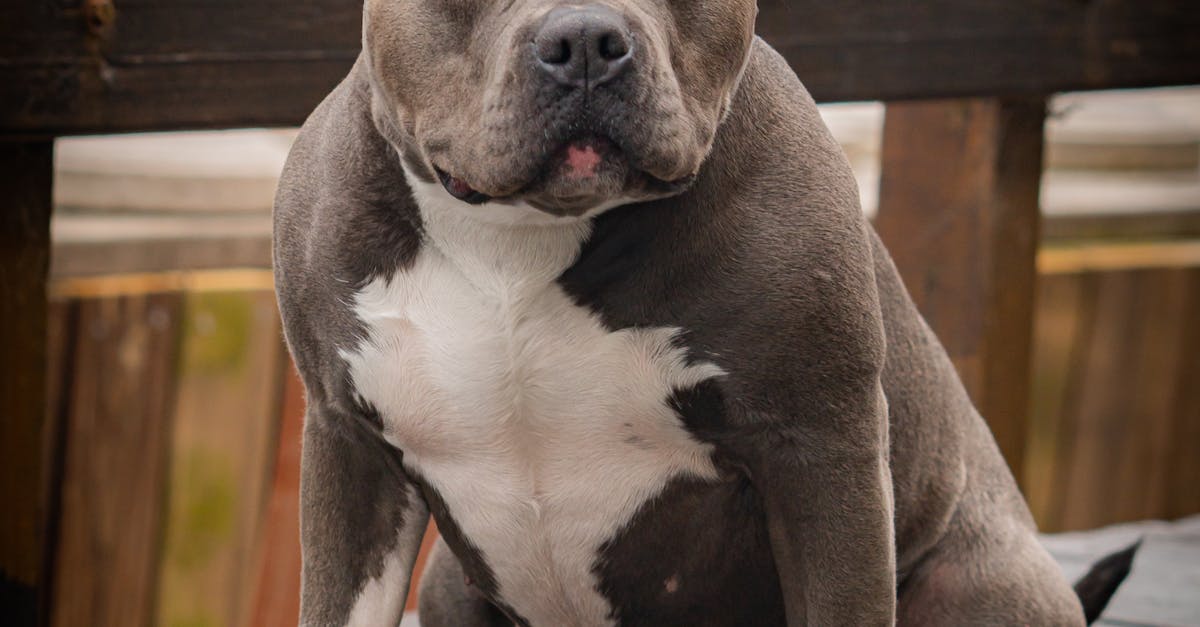Are you considering adding a White-Capped Pionus to your family, or perhaps you already have one and want to ensure you're giving them the best care? These beautiful parrots are known for their charming personalities and unique appearance, but like any pet, they come with specific needs and considerations. Let’s dive into everything you need to know about this fascinating bird to help you provide them with a happy, healthy life.
🐾 Breed Snapshot
The White-Capped Pionus (Pionus senilis) is a medium-sized parrot native to Central America. They get their name from the distinctive white feathers on the top of their head, which contrast beautifully with their green body and touches of blue and red on their wings and tail. These birds typically weigh around 8-9 ounces and measure about 10-12 inches in length.
White-Capped Pionus parrots are often sought after for their calm demeanor and relatively quiet nature compared to other parrots. They can live up to 30 years or more with proper care, making them a long-term commitment for any pet owner.
- Size: Medium (10-12 inches long)
- Weight: 8-9 ounces
- Lifespan: 25-30+ years
- Native Region: Central America
🧬 Personality & Behaviour
White-Capped Pionus are known for their sweet and gentle temperament, making them an excellent choice for first-time bird owners. They are less demanding than some other parrot species and are usually content to spend time quietly observing their surroundings. While they enjoy social interaction, they’re not as prone to excessive vocalizations as other parrots, which can make them a better fit for apartment living.
These birds are curious and intelligent, often enjoying puzzle toys and activities that stimulate their minds. They form strong bonds with their owners but can be somewhat shy around strangers. Socializing them early can help reduce any timidness and ensure they grow into confident, happy birds.
- Quiet and less demanding compared to other parrots
- Affectionate with owners but shy around strangers
- Enjoy puzzle toys and mental challenges
- Benefit from early socialization
🧼 Health & Grooming Needs
Like all parrots, White-Capped Pionus require proper grooming and regular health check-ups to stay in top condition. Their feathers need to be kept clean, and providing them with opportunities for bathing is essential. You can mist them with water or place a shallow dish of water in their cage for them to bathe in.
Their nails may also need to be trimmed periodically to prevent overgrowth, which can cause discomfort or mobility issues. Be sure to provide perches of varying sizes and textures to help naturally wear down their nails.
In terms of health, White-Capped Pionus are generally hardy birds but can be prone to respiratory issues if kept in dusty or poorly ventilated environments. A healthy diet, a clean cage, and regular vet check-ups are key to preventing health problems.
- Provide regular bathing opportunities
- Trim nails as needed
- Use perches to help with nail maintenance
- Prevent respiratory issues with proper ventilation
💡 Vet Tips for Pet Parents
White-Capped Pionus parrots thrive in an environment that mimics their natural habitat as closely as possible. Here are some expert tips to help you care for your feathered friend:
- Offer a varied diet of high-quality pellets, fresh fruits, and vegetables. Avoid feeding them avocado, chocolate, or caffeine, as these are toxic to birds.
- Ensure their cage is spacious enough for them to stretch their wings and climb. Include toys to keep them mentally stimulated.
- Provide daily interaction and socialization. While they are relatively independent, they still need time with their human family to bond and stay happy.
- Schedule regular check-ups with an avian veterinarian to monitor their health and address any potential issues early.
According to the ASPCA, ensuring a clean and dust-free environment is critical for preventing respiratory problems in birds (source).
FAQs
Q: Are White-Capped Pionus good for beginners?
A: Yes, they are considered a good choice for first-time bird owners due to their calm and gentle nature. However, they still require dedicated care, attention, and a proper diet.
Q: How much interaction do White-Capped Pionus need daily?
A: While they are more independent than some parrot species, they still need at least 1-2 hours of interaction daily to stay happy and well-socialized.
Q: Can White-Capped Pionus talk?
A: Yes, they can learn to mimic words and sounds, though they are not as prolific talkers as other parrots like African Greys or Amazons.
Book a $49 online vet consultation at https://www.dialavet.com for fast, expert advice.























